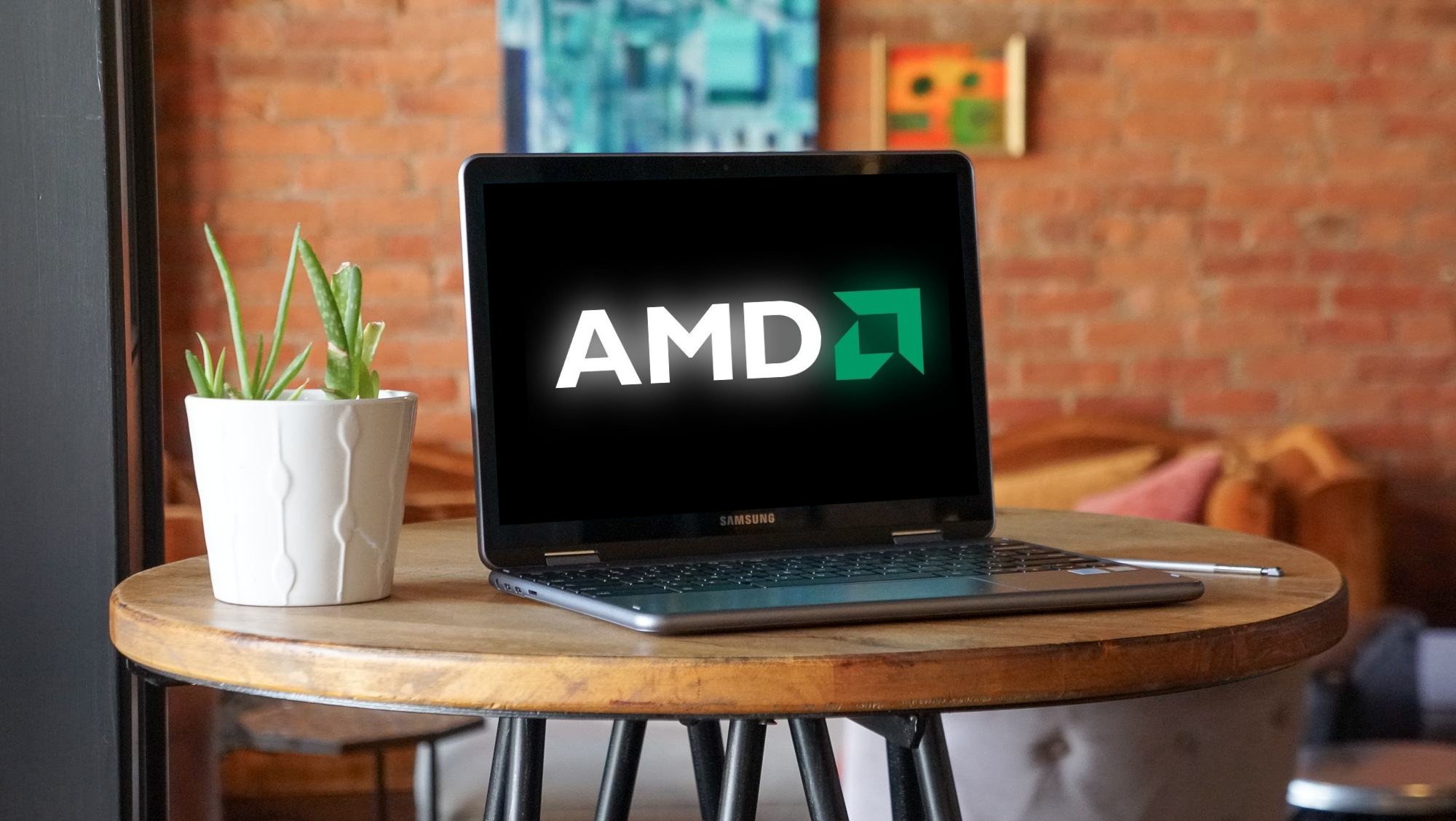
Apart from the cheap, slow, entry-level devices that shipped in 2019, we’ve really yet to see AMD fully embrace Chromebooks. Nothing close to the way Intel has, anyway. I’ve long thought AMD chips would be a great fit for Chrome OS as they are generally more affordable and offer similar processing power when compared to Intel. With the masses still feeling like Chromebooks need to be on the cheaper side of the laptop spectrum, AMD chips would offer a great compromise between power and price.
The entry-level A4 and A6 processors that came out in a handful of Chromebooks last year were fine, I guess, but they offered little value proposition over their Intel counterparts. Let’s face it, the Gemini Lake line of chips that started arriving in cheaper Chromebooks in the second half of 2019 were priced just as low as their AMD counterparts and performed markedly better. This wasn’t the AMD arrival I had hoped for.
There’s still hope, however, as we’ve reported multiple times on the top-end Picasso line of AMD chips headed for a Chromebook near you at some point in the near future. With the development of ‘Zork’ – the first AMD Picasso device we saw in the Chromium Repositories – beginning back in April of 2019, it feels like we should be getting close to a reveal in the not-so-distant future. We’ve also found a couple other boards being developed on this front in ‘Trembyle’ and ‘Morphius’, so it would appear that manufacturers are ready to finally get flagship Chromebooks with AMD internals out to consumers.
Shop ASUS Chromebook C436 at Chrome Shop
There’s More
At CES 2020, AMD announced a new line of chips previously known as ‘Dali’. These chips are the Ryzen 3 3250U, Athlon 3150U and Athlon 3050U and are set to compete with Intel’s Pentium Gold line of chips. Intel’s naming gets confusing, so we’ll simplify: current-gen Pentium Gold chips are quite fast in Chromebooks and will offer performance that feels like a small step down from a Core m3 in terms of raw performance. Said another way: you don’t need to worry about speed.
If these new Athlon and Ryzen chips can provide a similar level of performance at a reduced price, they could help manufacturers produce Chromebooks similar to what we see with Intel chips: build one chassis and offer different levels at different price points. Paired up with the more powerful Picasso chips that we know are headed to market, Chromebook makers could offer a single device with high-end internals or a more pared-back version with one of these Athlon or Ryzen chips inside.
Additionally, mid-range Chromebooks could see reduced pricing, giving us price breaks on similar hardware to what we already have available. But they could also keep pricing similar and give us more external goodies (like fingerprint scanners or touchscreens) with the money they save on the processor and motherboard. The possibilities are exciting and we’re eager to see where development goes for these new boards and others that follow. For now, we’d like to introduce ‘Ezkinil’ and ‘Dalboz’ as the first Chromebooks we’re seeing with the freshly introduced ‘Dali’ processors mentioned above. If you look around a bit, you’ll also see references to ‘Pollock’ and this is a chipset quite similar to ‘Dali’, so support for both is being added.
If you care to dig around a bit in this commit, you can see in some of the files the direct references to the new boards ‘Ezkinil’ and ‘Dalboz’ and ‘Dali’ chipsets. The connection wasn’t completely clear at first, but in looking for more details on ‘Ezkinil’ and ‘Dalboz’, we stumbled across a few things like this that point to these new devices using the mid-range processors. As always, we’ll add these new boards to the list of devices we’re keeping tabs on and update down the road as we see them get closer to a real life Chromebook.


Leave a Reply
You must be logged in to post a comment.